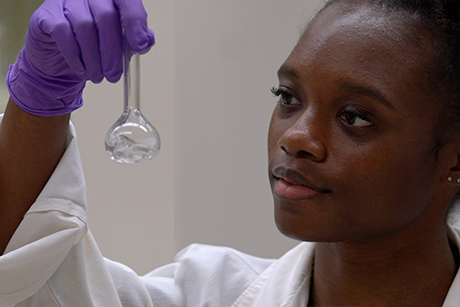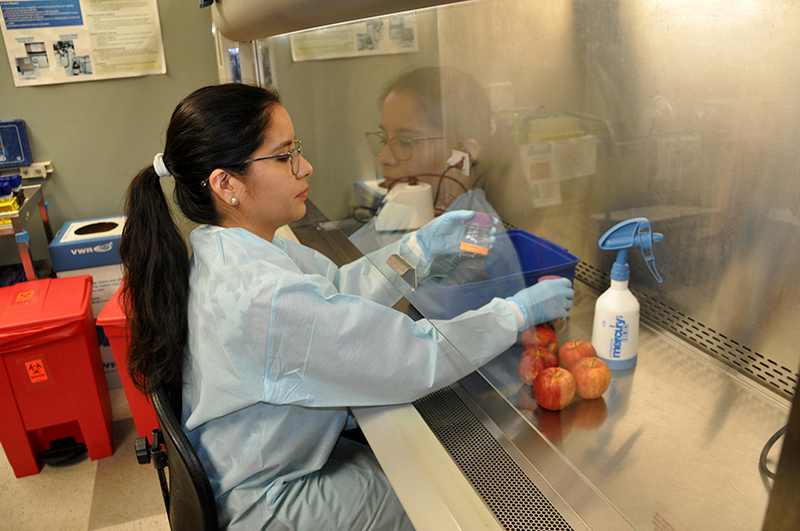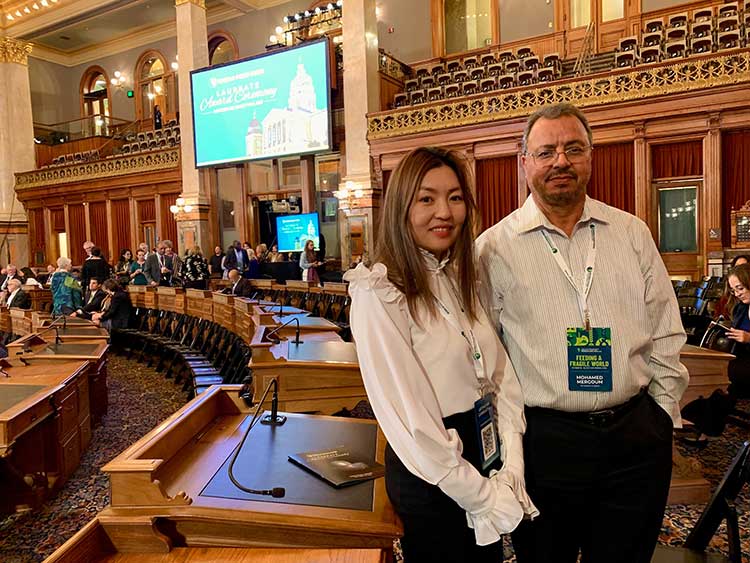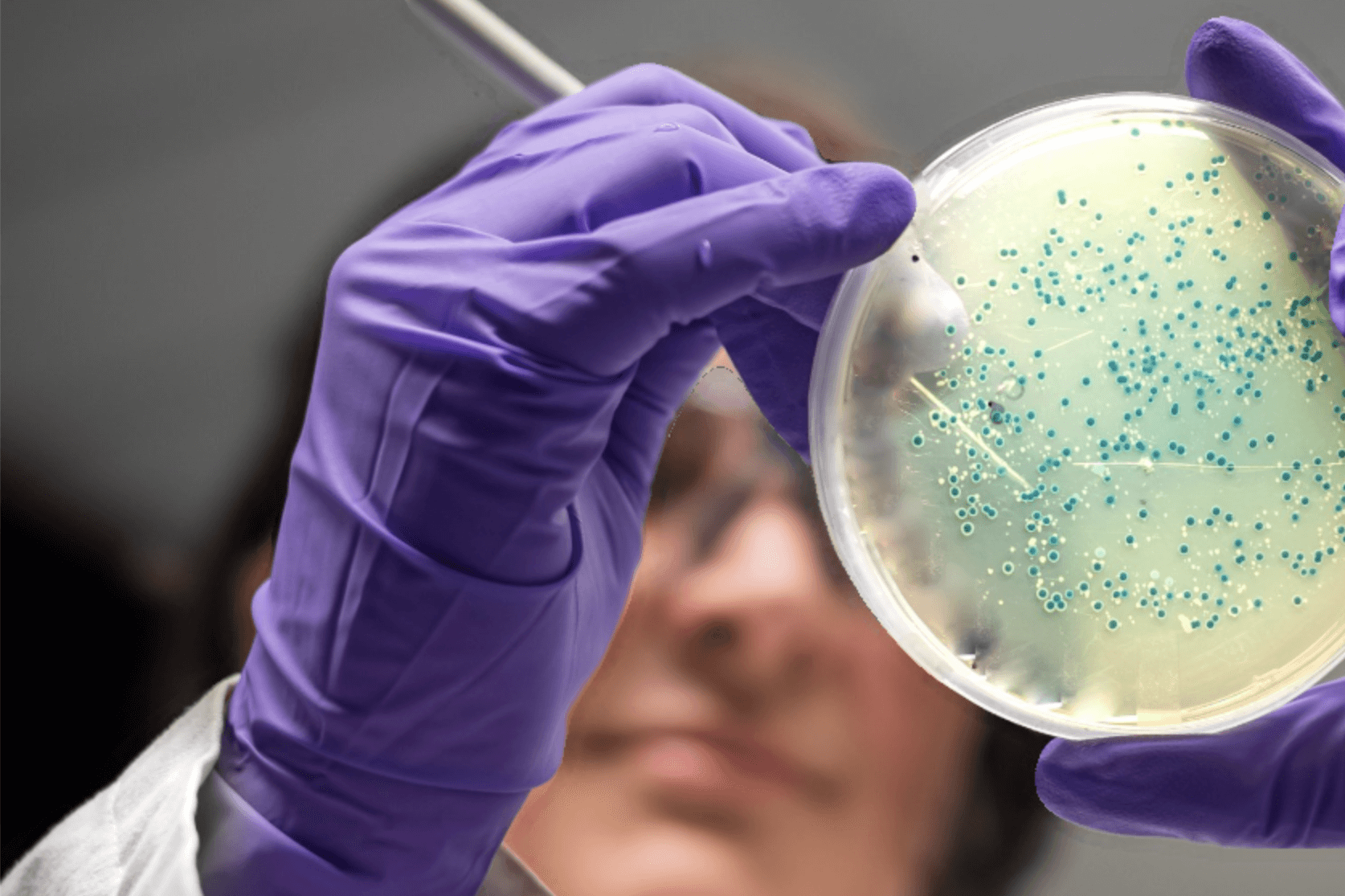 CAES News
CAES News
Enterprising Ideas
Researchers in the University of Georgia’s College of Agricultural and Environmental Sciences are working to engineer a better tomorrow. Faculty and staff with the CAES Office of Research are committed to discovering, innovating and delivering the science required to feed and fuel the world. Some of the most respected researchers in the world are working in our labs and teaching in our classrooms to facilitate the cutting-edge research activities that lead to better food, fuel, fiber and health for everyone.

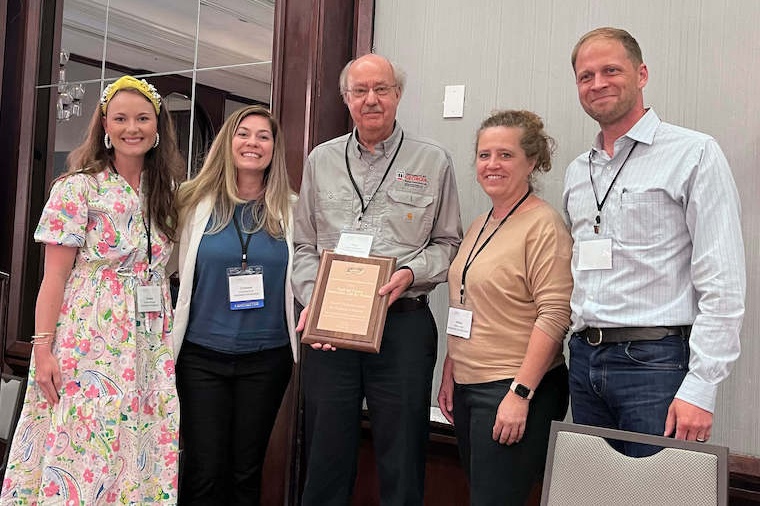
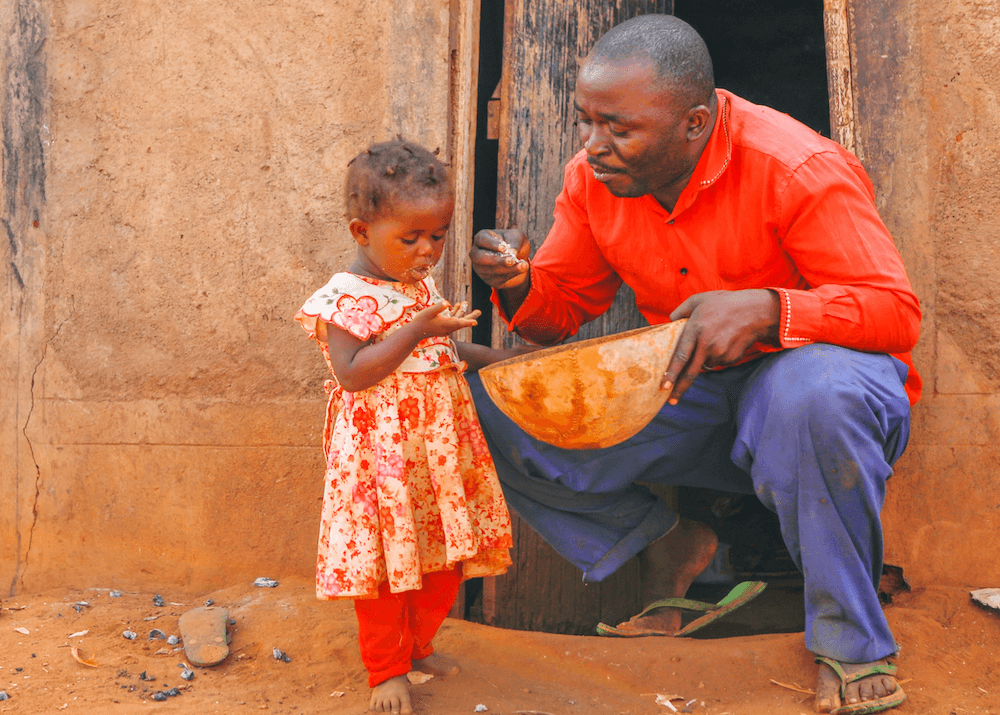

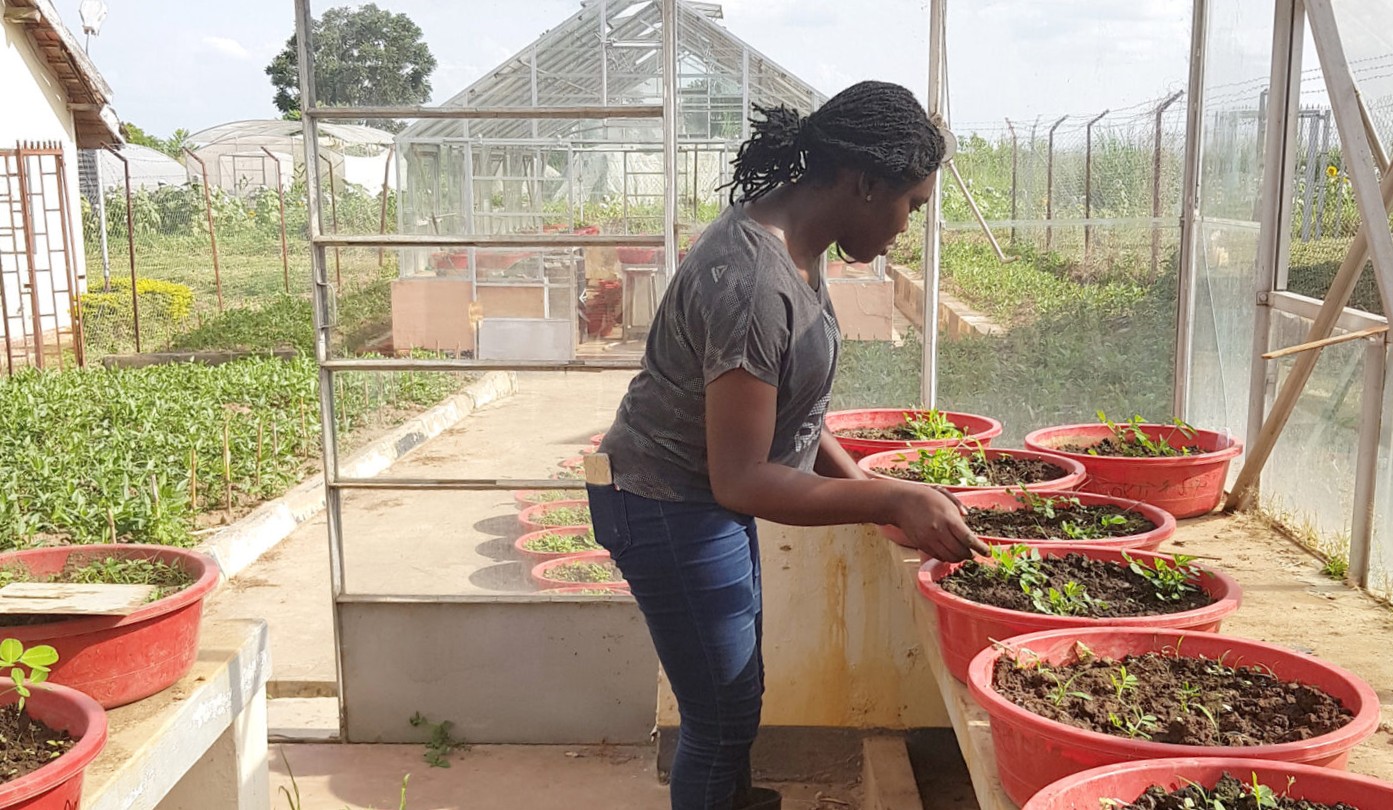
.png)
